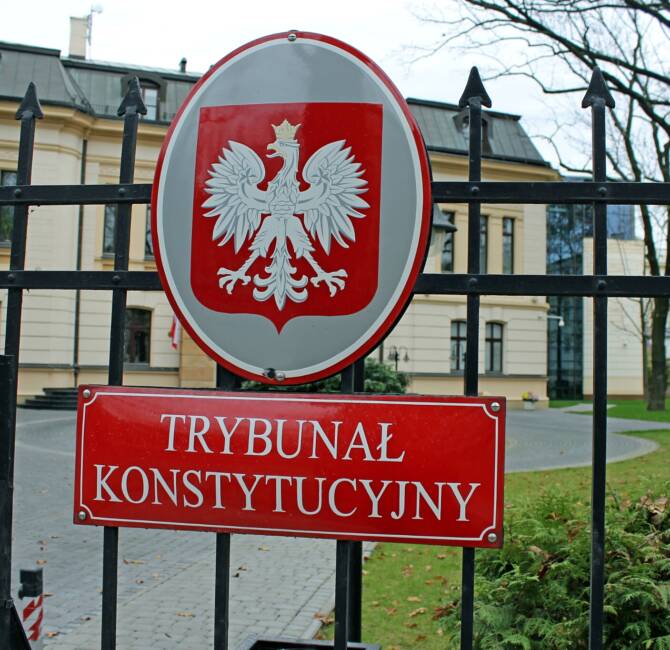Romania – Author of four books (the latest in 2016, entitled “Romania: a colony in the confines of Europe”) and hundreds of highly-read articles in the Romanian press over the last twenty years, now at the age of 75, the Romanian economist Ilie Şerbănescu has accumulated the experience of three successive regimes (the internationalist / Bolshevik communism of 1945-1960, the regime of N. Ceauşescu, and the current “democratic transition” under Western tutelage, now close to its end). Former Minister of State for Reforms from December 1997 to April 1998 under the first post-1990 right-wing presidency, he can stand under no suspicion either of lack of experience in the subjects he deals with or of naive nostalgia for “totalitarianism”. We translate below one of the most recent of his vitriolic editorials, always loaded with very concrete economic facts, by means of which he regularly whips the consciousness of a Romanian society that the media, under Western control, generally present as a “slow but motivated” student of the “European class” – reminding them of what they are de facto: a colonized and impoverished society. Here is the article:
Eastern Europeans are beginning to grow tired of Western colonialism. For the most part, they seek to take advantage of the crack opened by Brexit, but also of the new American approaches developed by Trump in order to free their necks from the leash of Germany – that is to say, the structures of the EU. The only exception is Romania. It is not only interesting, but also illustrative, to report what the Central European countries, on the one hand, and Romania, on the other, manage to achieve within the current European and international political context.
In the first place, it is not difficult to identify a clear will – in all these countries, with the sole exception of Romania – to strengthen the state, the only one capable of fighting Western settlers (multinational companies, banks, regulations – all benefiting from the support of Western governments) and their brokers (the Brussels Commission, the IMF, the World Bank). Regulations have been activated to strengthen the position of national decisions, despite the priority accorded to “European” rules under the EU Accession Treaties. Companies under national state control have been consolidated, in parallel with the official or unofficial freezing of such privatizations which could weaken the state’s positions. “Hungary to the Hungarians” and “Poland to the Poles” are no longer empty phrases. In Hungary, Prime Minister Orbán has deployed a coherent and articulate anti-colonialist policy, impacting diverse and strategically important areas.
Defence of the national economy is a state policy since Law and Justice came to power in Poland, the most powerful economy in the eastern part of the EU. We can no longer ignore its resistance to the measures and regulations adopted in Brussels in order to put to an end to the policies which it implements on a national level. The Czech Republic, though located in the heart of the German Hinterland, has a national foreign exchange policy and has opposed the imposition of an EU-wide ceiling on so-called “structural” deficit on the grounds that its terms are unfair to the least developed member countries.
The most significant, but also the most difficult test is the one related to returning the economy into domestic hands, to the recovery of lost strategic positions from multinationals or Western state-owned enterprises. This applies in particular to the banking sector and infrastructure networks. And it is no accident that Poland and Hungary are in the front line of this struggle, not only because they have a head start in all anti-colonial developments, but also because they have benefited from specific conditions. Both are devoid of subterranean resources of interest to Westerners. Under such conditions, both have been able, when defining their national strategic objectives, to concentrate on other areas of enhanced exposure to Western colonialism. Both countries – which, unlike Romania, have avoided liquidating all national presence in the banking sector – have special programs for the development of domestic banks, including through new acquisitions when opportunities arise on the market, and even costly restitution of former publicly-owned items which fell into Western hands over the past two decades. It was precisely by means of acquisitions of this type that the “re-polonization” of the banking system was obtained in Poland, where national control again exceeds 50%.
In Romania, on the contrary, a Greek banking subsidiary put up for sale was acquired – not by Romanian capital, but by Hungarian capital! The Czech Republic announced the nationalization of water distribution in Prague, held, as in the Romanian capital city Bucharest, by the “usual suspect” Veolia. Poland intends to seriously revitalize its coal mines, a resource still under national control, at the cost of an open war with the European Commission, which seeks, under the pretext of fighting pollution, to block this Polish initiative. Hungary seeks to escape the EU’s energy oppression by developing its nuclear sector in cooperation with Russia; its confrontation with the Commission in this area has degraded into open warfare.
In order to muzzle Brussels, Orbán prepares, with unprecedented means, the ground for a successful return to domestic hands of the most sensitive and vital sector: the distribution of energy (which collects money from all energy consumers) – by declaring public utilities as a “non-profit” sector!
Source: Cotidianul.ro




